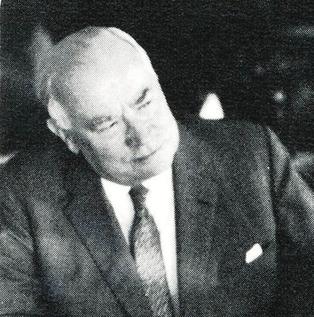A Quote by Karen Abbott
Gypsy [Rose Lee] is as unique as she is timeless. Her story is classic Americana, and the strangest rags-to-riches saga you'll ever read; I like to call it Horatio Alger meets Tim Burton.
Related Quotes
Her sister [June Havoc] said the musical portrayed who Gypsy [Rose Lee] wanted to be before the burlesque thing happened she wanted to be this beautiful, romantic person with dreams. So Gypsy told the story of her life as she wished she'd lived it: embellishing, softening the edges, eliminating certain things altogether.
The cousin said that Gypsy [Rose Lee] took a full fifteen minutes to peel off a single glove, and that she was so damn good at it he gladly would've given her fifteen more. So this story got me thinking, who was Gypsy Rose Lee? Who could possibly take the simple act of peeling off a glove and make it so riveting that one might be compelled to watch this for a full half-hour? So I began researching, and I came across a series of articles from the year 1940 about Gypsy in Life magazine.
It was a great challenge to reconstruct Gypsy Rose Lee life, and my interviews with her sister [June Havoc] proved invaluable. It's not often that writers have access to living primary source material; this was the only person who experienced life on the vaudeville circuit with Gypsy during the 1920s, and who saw her perform at Minsky's Burlesque in the 1930s. She knew things that no one else could ever possibly know.
I thought both she [Gypsy Rose Lee] and her story would be ill-served by a conventional, birth-to-death narrative, and so I structured the book like one of her stripteases: revealing a peek of shoulder, then a glimpse of knee, pulling back a bit before you go a bit further, until all is revealed at the end.
While some multimillionaires started in poverty, most did not. A study of the origins of 303 textile, railroad and steel executives of the 1870s showed that 90 percent came from middle- or upper-class families. The Horatio Alger stories of "rags to riches" were true for a few men, but mostly a myth, and a useful myth for control.























